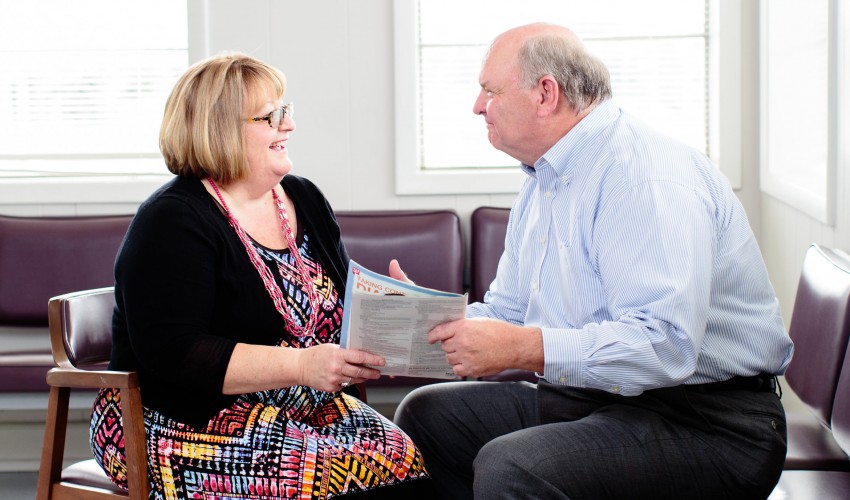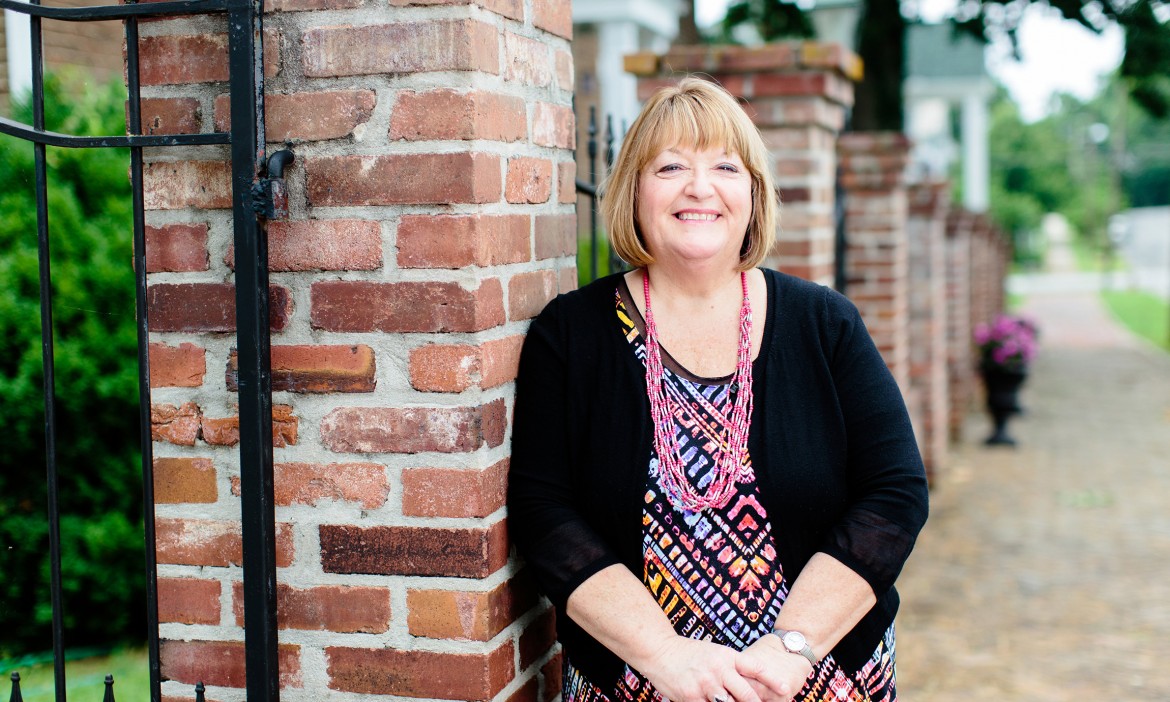“She scores off the charts.”
That is one patient’s assessment of Brenda Jones, a Patient Centered Medical Home (PCMH) care coordinator housed at Fayetteville Medical Associates.
She chats frequently with John Hoots, the satisfied patient, keeping tabs on his health concerns, including diet and exercise.
“She’s sharp, she listens, and she’ll let you say what you need to say without hurrying you along,” says Hoots, whose active lifestyle was curtailed due to complications following prostate cancer treatment a few years ago.
Jones is one of a growing number of coordinators within the PCMH program.
A coordinator works out of a physician practice, available for patients who have questions.
Care coordinators help patients with anything from taking prescriptions to eating healthier to starting an exercise regimen.
“I make sure the patient has all the information they need to take better care of themselves,” Jones says.
“I review files for the doctor so we can be proactive and make sure patients are coming when they need to, so that we don’t get gaps in their care and coverage. I am here to help them.”

More involvement, better outcomes
People who interact with a care coordinator are:
- Less likely to require hospitalization or emergency room services
- More likely to make and keep doctor’s appointments
“The PCMH model is successful because it utilizes all parts of the medical team and doesn’t necessarily rely on just the physician,” says Dr. Christi Witherspoon of Heritage Medical Associates.
“Patient care is complex and intricate, and no one person can be expected to manage the entire patient.”To learn more about programs helping adults lead healthier lives in Tennessee, read about Journey to Health.
Photos by Ben Finch.



